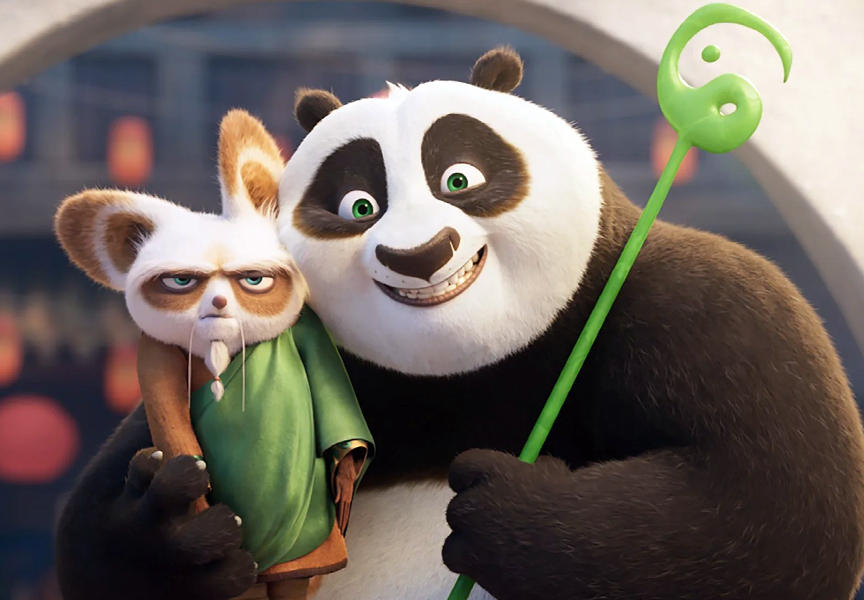Random Free Articles
- Iron Rings in Shaolin Kung Fu
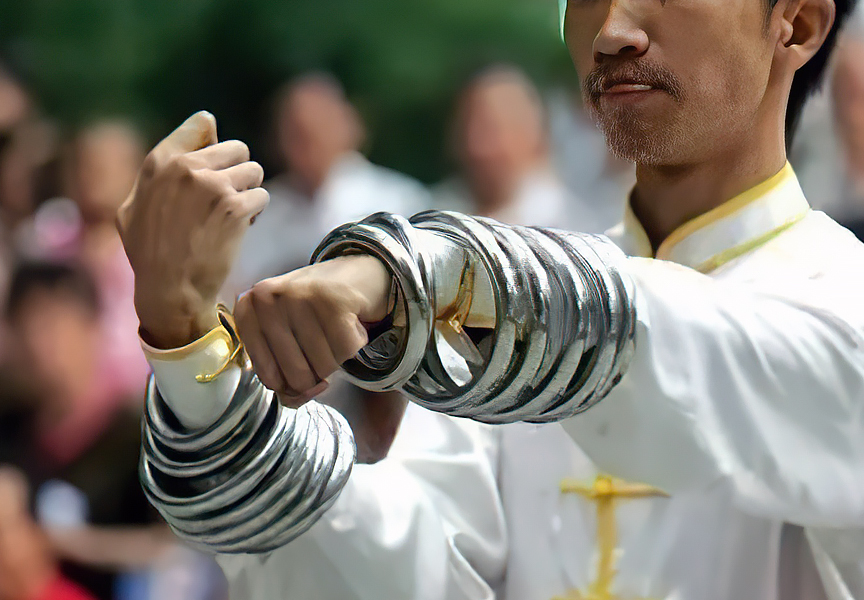
Harnessing the Power In the realm of martial arts, Shaolin Kung Fu stands out as one of the most revered and iconic disciplines. Known for its rigorous training methods and emphasis on both physical and mental strength, Shaolin Kung Fu incorporates a wide array of traditional weapons and tools. Among these, the iron rings, known as Tie Huan [Chin.: Tiě huán 铁环], hold a special place. These seemingly simple yet powerful tools have been…
- Ten Internal Principles of Shaolin Rouquan
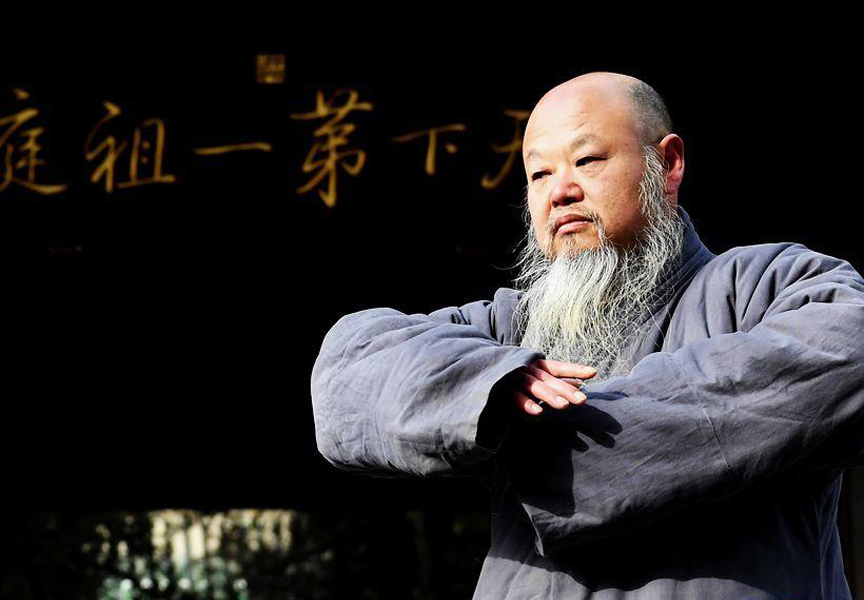
Shaolin Rouquan [Chin.: Shàolín Róu Quán 少林 柔拳 ], the ancient martial art form, encompasses a set of internal principles that are crucial to its practice. Once an individual has mastered the correct posture, they can delve into these internal aspects to deepen their understanding and enhance their skills. The following are ten fundamental principles of Shaolin Rouquan: 1. Circular and Spiraling Movement [Chin.: Yuán xíng hé…
- Understanding the Essence of Martial Arts
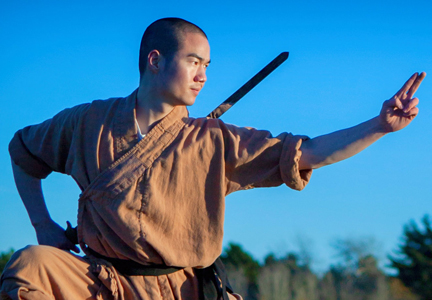
Martial arts, often depicted in popular culture as a dynamic display of acrobatics and combat techniques, have a rich history and philosophy that goes far beyond physical combat. While it's true that martial arts encompass a wide range of fighting styles, each with its own techniques and traditions, the essence of martial arts extends beyond the physical realm. In this article, we will explore the deeper aspects of martial arts and…
- Regulating and Balancing Qi
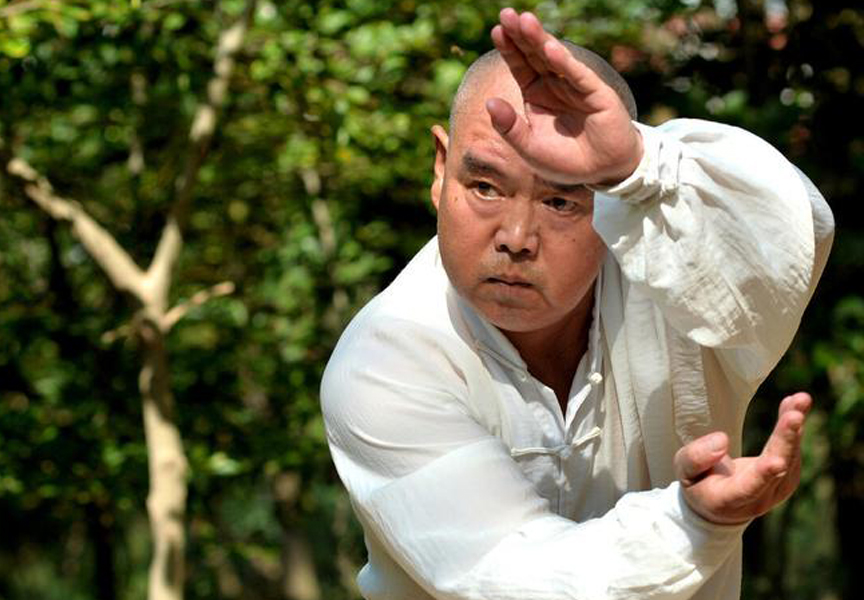
A Holistic Approach to Health and Well-Being The concept of Qi, often pronounced as "chi," is a fundamental principle in traditional Chinese medicine (TCM) and various Asian cultures. Qi represents the vital life force or energy that flows through the human body and the universe, influencing our physical, mental, and spiritual well-being. According to TCM, maintaining a harmonious flow of Qi is essential for good health. Regulating…
- Evaluating the Necessity of Learning Martial Arts for Self-Defense

In a world where physical altercations can sometimes be unavoidable, the idea of learning a martial art for self-defense purposes seems logical and prudent. Many individuals are drawn to martial arts classes with the belief that acquiring combat skills will keep them safe in dangerous situations. However, before committing to rigorous training and dedicating time and resources to mastering a martial art, it's crucial to assess the…

